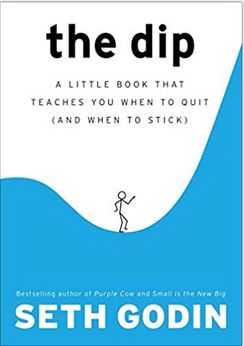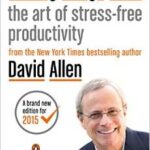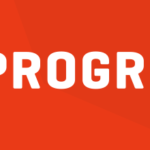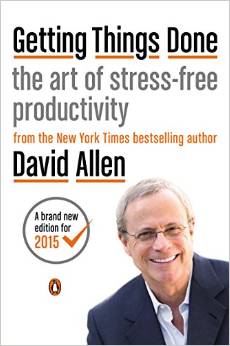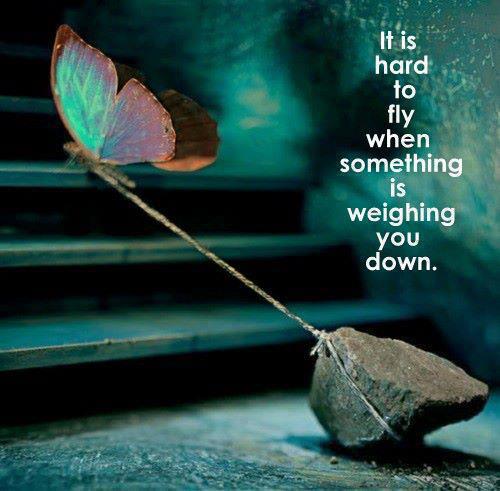“We are living on the planet as if we have another one to go to.”
—Terri Swearingen, winner of the 1997 Goldman Environmental Prize
At our current consumption rates, Earth’s natural resources are at significant risk of depletion over the next 100 years. Fossil fuels such as oil, coal, and natural gas could be exhausted by 2060 if current trends continue.
Water resources are also under threat, with global demand projected to increase by 50% by 2050.
Additionally, mineral and ore consumption may triple by 2050, putting further strain on the availability of building materials and resources for developing technology products.
EXERCISE:
Given that there is no “Planet B” and moving all of us to Mars is not a viable option, what can you do today to make an impact for the good of our precious world?
Consider signing up to The Daily Difference Newsletter to see what others around the world are doing.


